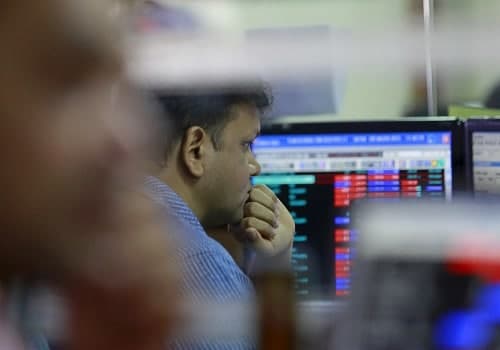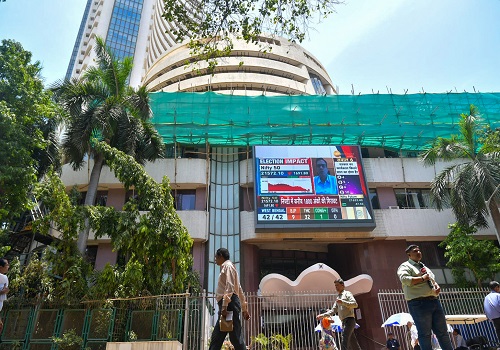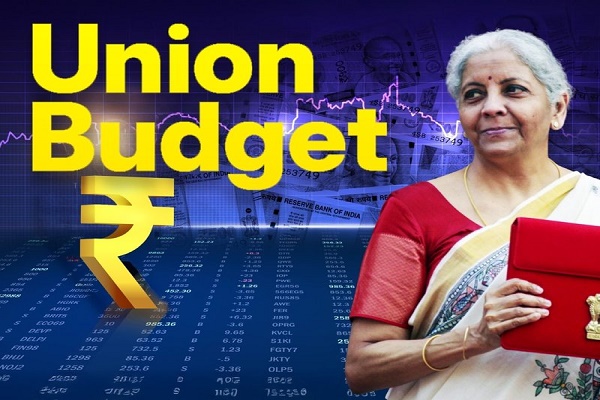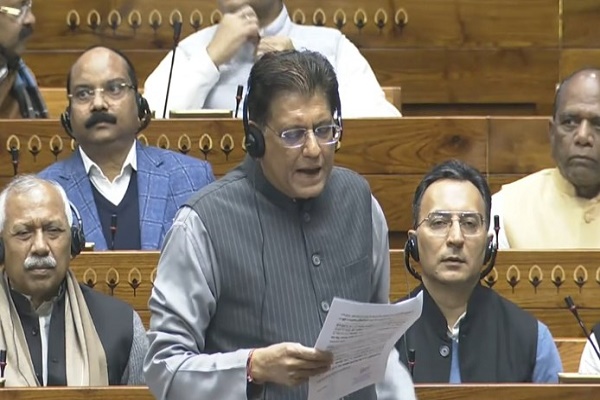Opening Bell: Markets likely to get negative start amid weak global cues

Indian markets snapped two-day winning streak and ended lower with cut of over 1.40% each on Thursday amid a global sell-off in emerging market assets as investors reacted to the hawkish commentary by the US Federal Reserve. Today, markets are likely to get negative start amid weak global cues and rising interest rates globally. Traders will be concerned with a private report that India's current account deficit likely rose to its highest in nearly a decade in the July-September quarter as elevated commodity prices and a weak rupee stretched the trade gap even further. There will be some cautiousness as the government data showed that India's exports recorded a flat growth of 0.59 per cent to $31.99 billion in November, even as trade deficit widened to $23.89 billion during the month. Exports stood at $31.8 billion in November last year. Imports rose by 5.37 per cent to $55.88 billion in November as compared to $53.03 billion in the corresponding month a year ago. However, some support may come as the government said it will take steps to support farmers for increasing pulses production and also streamline imports as part of its objective to make available the products at affordable rates. Traders may take note of Commerce and Industry Piyush Goyal’s statement that the government is considering to bring quality control order for silk with an aim to contain import of the sub-standard product and boost domestic industry. Telecom industry stocks will be in focus as a private report stated that the Indian telecom industry is expected to grow by USD 12.5 billion every three years with the advent of 5G which has the potential to boost innovation across the globe. According to the report, with ultra-low latency and high data rates, 5G is expected to create avenues of collaboration and alliances as well as drive India to reimagine a whole new way of engaging in the new, faster, agile digital world. There will be some buzz in the sugar industry stocks as the government may consider increasing sugar export quota for the current 2022-23 marketing year after assessing the domestic production in January. In November, the government allowed export of 60 lakh tonnes of sugar for the 2022-23 marketing year (October-September).
The US markets ended lower on Thursday as central banks across Europe and the US Fed risk the chance of a recession to bring inflation under control by further interest rates. Asian markets are trading in red on Friday following the broadly negative cues from global markets overnight.
Back home, Indian equity benchmarks traded under heavy selling pressure throughout the day and settled with losses of around one and half percent on Thursday amid weak global cues. Traders got anxious as India Ratings said falling exports and high crude prices are set to push up current account deficit (CAD) in the second quarter to a 37-quarter high of 4.4 per cent of GDP at $36 billion as against $9.7 billion or 1.3 per cent in the year-ago period. Some cautiousness also came as former governor of the Reserve Bank of India Raghuram Rajan said the next year will be difficult for the Indian economy as also for the rest of the world and the country failed to generate reforms needed for growth. He said policies should be formulated keeping in mind the lower middle class which suffered the most due to the coronavirus pandemic. Key gauges extended fall in late afternoon deals, as some pessimism came with finance minister Nirmala Sitharaman’s statement that India is seeing a fall in demand for jobs under a rural employment guarantee programme. Investors failed to draw any solace with Union minister Piyush Goyal’s statement that huge opportunities are there in the textiles segment and the country would achieve $100 billion export target from the sector by 2030. He said that free trade agreements will further help boost textile exports. Meanwhile, the Parliament has passed the Energy Conservation (Amendment) Bill, 2022 that aims to mandate the use of green energy and enables the government to set up a carbon trading scheme. The Bill also allows the government to specify the minimum amount of non-fossil sources to be used by designated energy consumers. Finally, the BSE Sensex fell 878.88 points or 1.40% to 61,799.03 and the CNX Nifty was down by 245.40 points or 1.32% to 18,414.90.
Above views are of the author and not of the website kindly read disclaimer










Tag News
More News

CIO Quarterly Memo by Axis Securities Ltd








